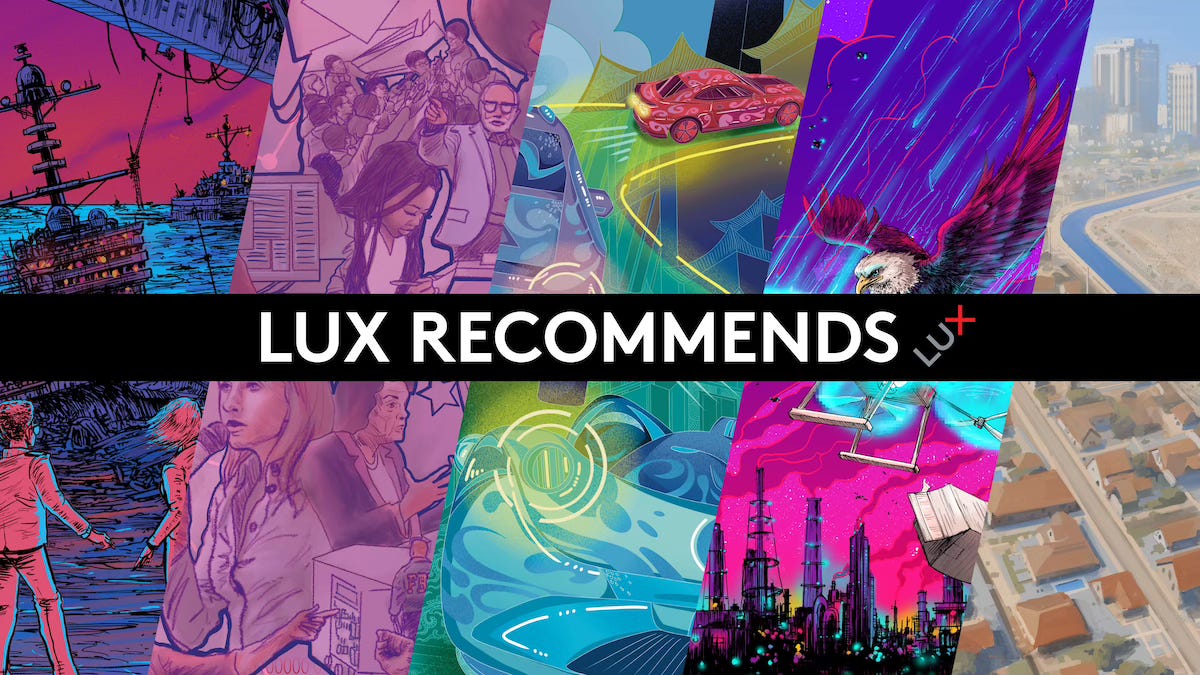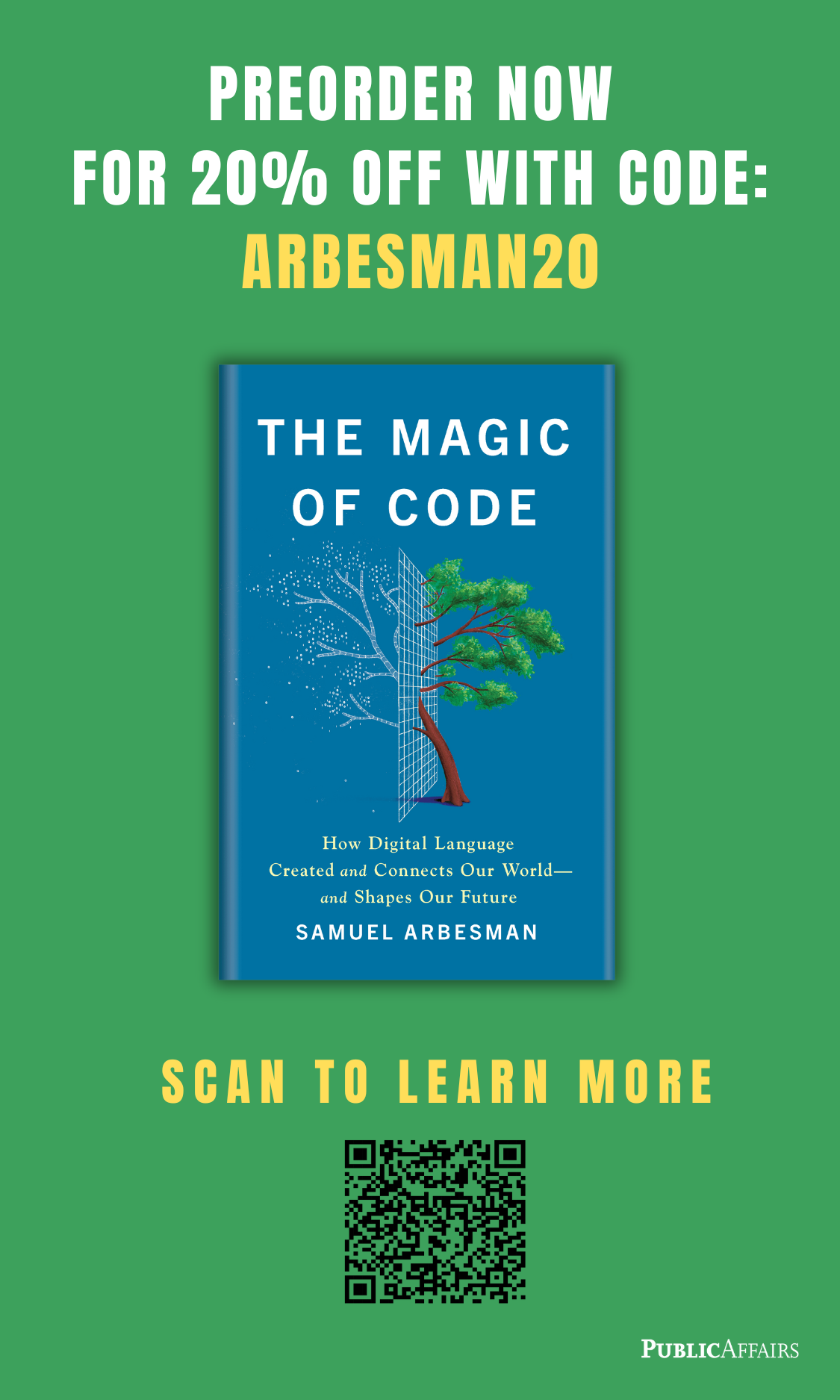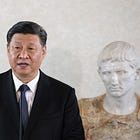Genetic mutations and the reproducibility crisis in science, getting bit by hundreds of snakes for science, and the most important government rule you’ve never heard of.
From Lux Capital
In a Wall Street Journal article on China’s growing biotech industry, Lux’s David Yang discusses the challenges (and opportunities) China’s rise presents for American scientists and venture capitalists. “The half-life of a good idea in biotech has been shortened; if you have a good idea, you better act on it quickly,” David told WSJ. “We want to get into these ideas even before they get published.” In an interview with Calcalist, meanwhile, Josh explains why venture capital firms are racing to invest in Israeli defense tech: “Everyone saw what the Iron Dome was doing, the Arrow system in action, and how the Iranian missile attack in April was repelled. No one said, ‘They were lucky.’ They said, ‘I want that too.’”
Finally, scientist-in-residence Samuel Arbesman’s new book, The Magic of Code, is available now for pre-order.
“In his thoughtful and immensely creative new book” (Cal Newport), Sam explores how code is more than just a technical tool, it’s a lens through which we can better understand the world. Like DNA in biology, code underlies the digital world we live in. It shapes how we communicate, build, create, and even how we think. But while code has immense potential, it can also divide, harm, and be misused — unless we understand it.
This book is a guide to seeing code not just as programming, but as a way of understanding the world.
Get 20% off when you order through PublicAffairs with code ARBESMAN20. Offer valid through June 10.
From around the web
1. Mutant science
There’s been plenty of ink spilled on the reproducibility crisis in the sciences, but a lesser-known cause, according to a new piece by Kamal Nahas in Asimov Press, may be that some animals — including the ones we use in experiments — mutate far faster than others.
As mutations quietly rework the genomes of our most trusted model species, scientists face a clear choice: Confront the variability head-on or risk compounding the reproducibility crisis with every passing generation.
2. Science bites
For those who can stomach it, Laurence recommends Apoorva Mandavilli’s New York Times reporting on the unlikely source of a potential universal antivenom: a man in Wisconsin who has been bitten by hundreds of snakes.
Over nearly 18 years, the man, Tim Friede, 57, injected himself with more than 650 carefully calibrated, escalating doses of venom to build his immunity to 16 deadly snake species. He also allowed the snakes — mostly one at a time, but sometimes two, as in the video — to sink their sharp fangs into him about 200 times.
3. Nuclear spring
Lux editor Katie Salam points readers to Alex Chalmers’ new article for Works in Progress, in which he dispels the bad math holding back nuclear energy.
On 23 May 2025, President Trump signed four executive orders on nuclear power, intended to speed up approvals of and reduce regulatory burdens on new nuclear reactors in America. Buried in one of them was a requirement that the Nuclear Regulatory Commission reconsider its use of ‘Linear No Threshold’ (or LNT). LNT is the hypothesis that the relationship between radiation dose and cancer risk to humans is linear and that there is no truly ‘safe’ level of radiation. It underpins nuclear regulation worldwide and it may be one of the most important rules that almost no one’s ever heard of.
4. Strategic thinking
Finally, Laurence enjoyed former NSC Director Judd Devermont’s discussion in On Strategy of what separates good strategy from bad.
Ambition. Related to purpose, a strategy should have ambition. This doesn’t necessarily mean doing more, but it does implies breaking with the past and doing things differently.
If you aren’t changing the policy in demonstrative ways, what’s the rationale for writing a strategy at all? There is nothing inherently wrong with continuing with the status quo—just don’t waste everyone’s time by suggesting you are embarking on something new. (To be clear, I believe that every administration should test its assumptions and deliberate on whether it is necessary to reconfigure its policy toward the region — but that is a different exercise.)







